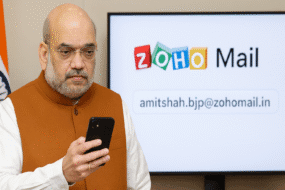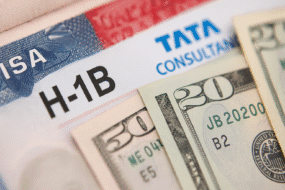UIDAI Launches New Portal to Deactivate Aadhaar Numbers of Deceased Individuals, Over 1.17 Crore IDs Already Disabled
In a major step to protect India’s digital identity infrastructure, the Unique Identification Authority of India (UIDAI) has rolled out an extensive initiative to detect and deactivate Aadhaar numbers belonging to deceased individuals. This is part of a broader effort to curb identity fraud and ensure the sanctity of the Aadhaar database, the Ministry of Electronics and Information Technology confirmed on Wednesday.
Aadhaar Cannot Be Reassigned — But Must Be Deactivated
Aadhaar, the 12-digit unique identification number issued to residents and NRIs, is a permanent identity that is never reassigned. However, if it is not formally deactivated after a person’s death, there remains a risk of misuse for financial or administrative fraud. Recognizing this vulnerability, UIDAI has collaborated with state governments, the Registrar General of India (RGI), banks, and other partners to ensure timely validation and deactivation.
Partnership with Civil Registration System (CRS)
UIDAI has actively worked with the RGI to obtain Aadhaar-linked death records via the Civil Registration System. So far, around 1.55 crore death records have been shared from 24 States and Union Territories. After rigorous validation, 1.17 crore Aadhaar numbers have been deactivated. An additional 6.7 lakh death records from non-CRS states are currently under processing.
New Citizen-Facing Portal Launched
In a move to empower citizens, UIDAI launched the “Reporting of Death of a Family Member” service on the myAadhaar portal on June 9, 2025. Currently available in 24 CRS-enabled States/UTs, the service allows family members to digitally report the death of a loved one by submitting key details like the deceased’s Aadhaar number, death registration ID, and demographic information. The data undergoes automated validation before the Aadhaar number is deactivated. Expansion to more states is underway.
Verifying Centenarians and Ecosystem Data
UIDAI is also piloting a program with state governments to verify the status of individuals over 100 years of age. In parallel, UIDAI is exploring collaboration with banks and Aadhaar-linked agencies that might maintain death-related data to add further validation layers.
Citizen Responsibility Key to Success
UIDAI urges citizens to report deaths using the new portal after obtaining a valid death certificate. This public participation is crucial in securing the Aadhaar ecosystem against potential fraud and misuse.
By blending digital infrastructure with inter-agency coordination and citizen participation, UIDAI aims to maintain a reliable, secure, and fraud-resistant national identity system.





